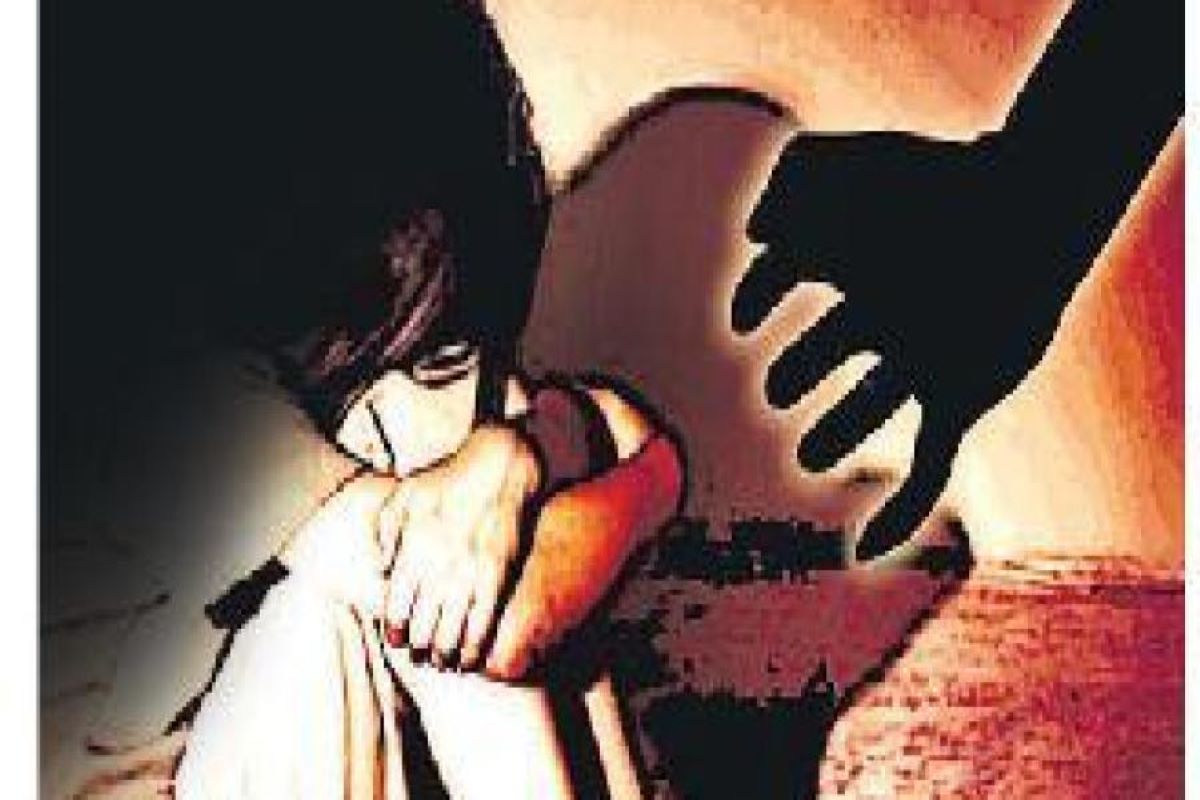Decomposed bodies of IRS officer, family members found in Kochi Customs Quarters
A senior customs officer, his mother and his sister were found dead at his official residence at Kakkanad in Kochi.
The horrific case of ragging and torture at a nursing college in Kerala is yet another grim reminder of the deeply ingrained culture of abuse in educational institutions.

(representational image)
The horrific case of ragging and torture at a nursing college in Kerala is yet another grim reminder of the deeply ingrained culture of abuse in educational institutions. Despite strict anti-ragging laws and awareness campaigns, the problem persists, revealing systemic failures that go beyond individual incidents. This is not just about bullying; it is about institutionalized violence, a culture of silence, and the alarming politicisation of student life. Ragging has long been dismissed as an unfortunate but routine aspect of student life. In reality, it is nothing short of organised brutality.
The persistence of such incidents, even in professional institutions meant to train individuals for noble professions, raises critical questions about accountability. Why do colleges and universities fail to prevent such atrocities? The answer lies in a mix of administrative negligence, student group dominance, and a lack of real consequences for perpetrators. The excuse that ragging fosters camaraderie is a dangerous myth. It does not create bonds ~ it creates trauma. Victims, if they survive, often carry psychological scars for life. Worse, they may go on to perpetuate the same abuse, trapping generations of students in a cycle of violence. This is not initiation; it is indoctrination into a system where dominance is equated with power, and suffering is normalised. One of the key factors sustaining this toxic culture is the stranglehold that student organisations, often affiliated with larger political parties, have over college life.
Advertisement
Educational spaces that should nurture intellectual freedom and academic pursuit instead become battlegrounds for power struggles. Many students are forced to align with dominant groups for self preservation, while those who resist face social exclusion or worse, physical harm. The politicisation of campuses has also diluted institutional accountability. When student leaders are affiliated with powerful parties, disciplinary action against them is often slow or non-existent. This emboldens perpetrators, creating an atmosphere where ragging is not just tolerated but, in some cases, even encouraged as a tool to maintain control. The tragic deaths of students due to ragging-related abuse are not isolated cases; they are symptoms of a much deeper disease. Kerala was one of the first states to introduce a strong anti-ragging law, yet incidents continue unabated. The legal framework is only as effective as its implementation.
Advertisement
Colleges often downplay ragging cases to protect their reputation, and victims are discouraged from filing complaints due to fear of retaliation. Even when arrests happen, the perpetrators frequently face lenient consequences, sending a dangerous message that ragging is a survivable offense rather than a crime. For real change, authorities need to move beyond reactive measures and focus on proactive interventions. Strict enforcement of laws, independent monitoring committees, and immediate action against offenders must become standard practice. More importantly, students need safe channels to report abuse without fear of reprisal. Ragging is not just a legal issue; it is a cultural one. It thrives in environments where power hierarchies are glorified and student voices are stifled.
Advertisement